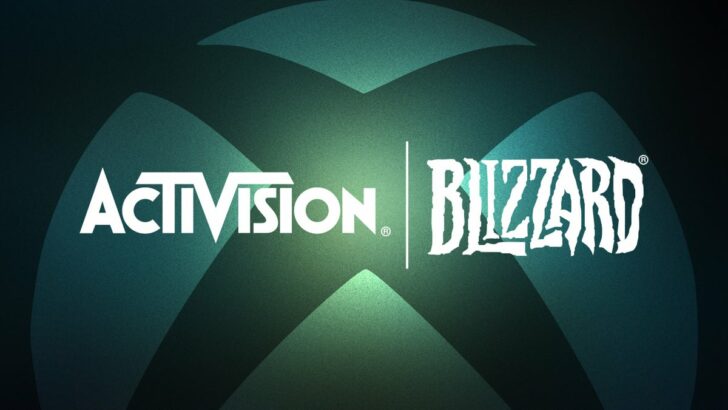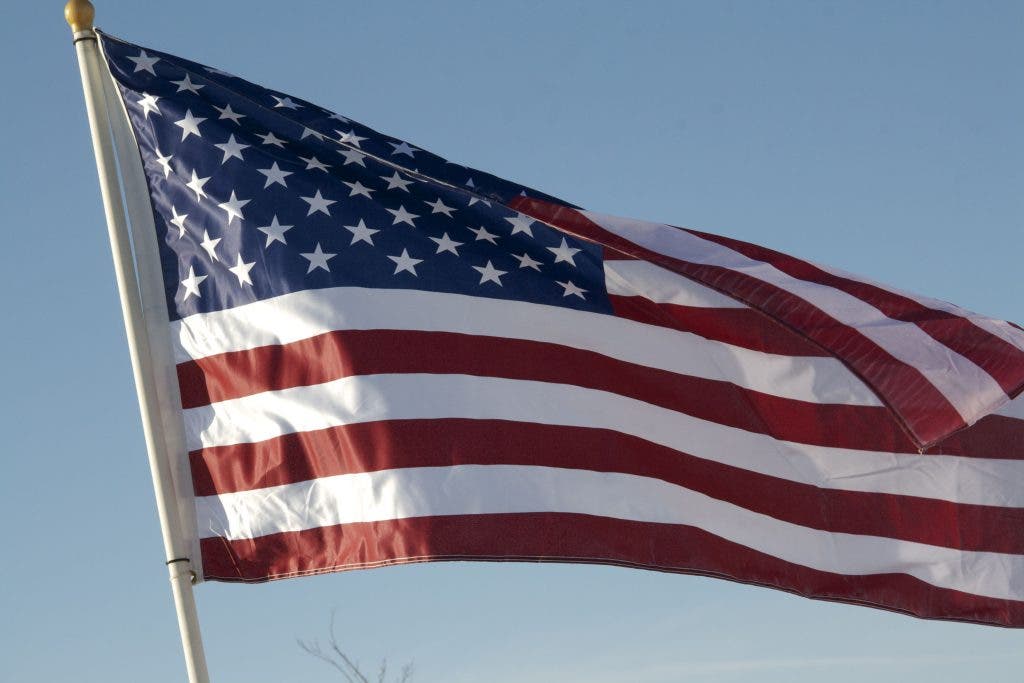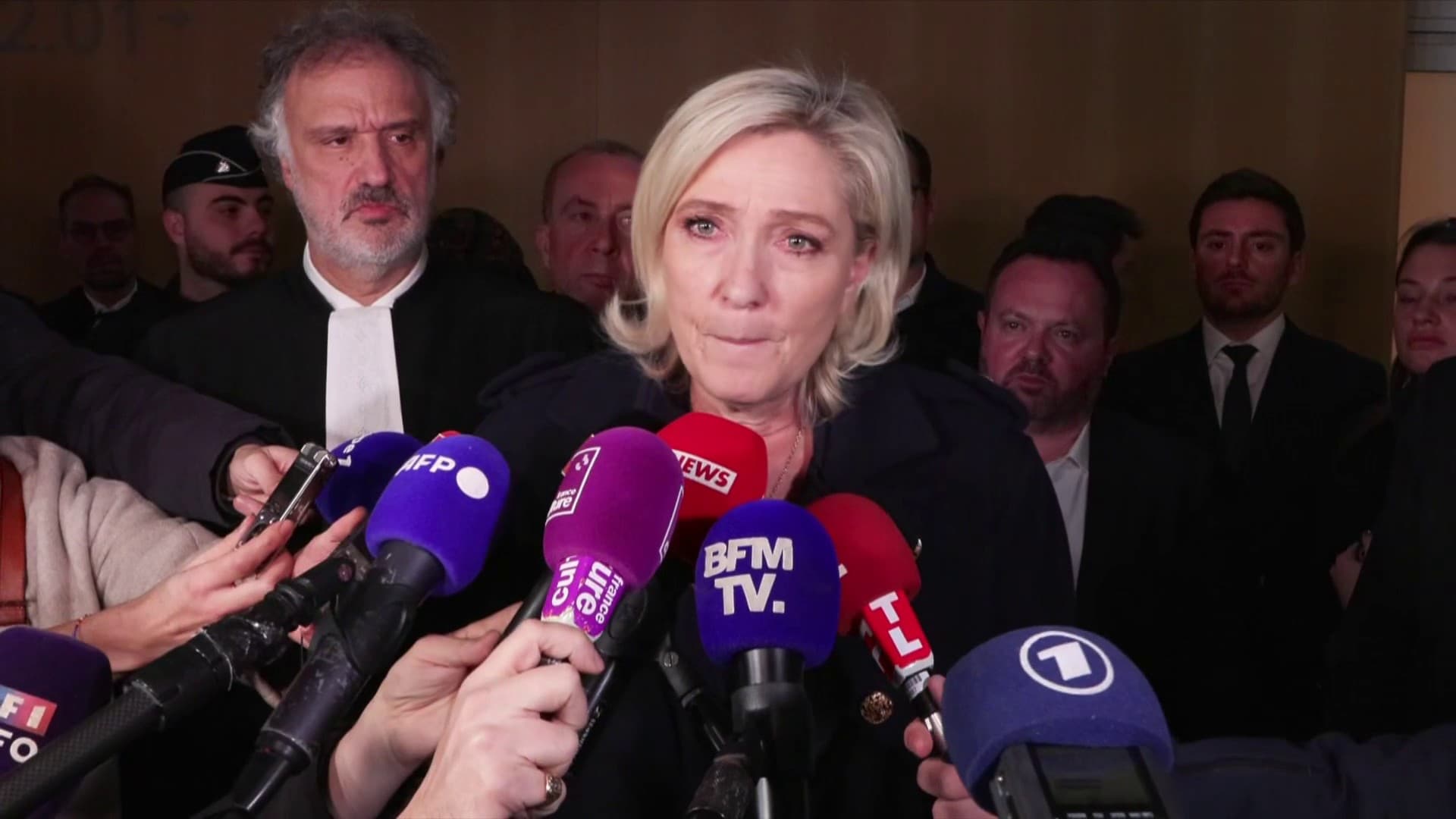Activision Blizzard Merger: FTC's Appeal And The Future Of Gaming

Table of Contents
H2: The FTC's Concerns and Arguments Against the Merger
The FTC's core argument against the Microsoft-Activision Blizzard merger centers on potential anti-competitive practices that could stifle innovation and harm consumers. They believe this acquisition would grant Microsoft undue market dominance, leading to several detrimental outcomes.
- Reduced competition in the gaming console market: The FTC argues that combining Microsoft's Xbox ecosystem with Activision Blizzard's vast portfolio of popular games, including the juggernaut "Call of Duty," would significantly reduce competition with Sony's PlayStation and Nintendo's Switch. This could lead to a less diverse and innovative gaming market.
- Loss of innovation due to monopolization: A merged entity, the FTC contends, could suppress innovation by limiting the development of rival games and technologies. The acquisition could give Microsoft the power to stifle competition by making key titles exclusive to its platform, harming independent developers and publishers.
- Higher prices for gamers: The elimination of competition, the FTC fears, could lead to higher prices for games, subscriptions, and even gaming consoles themselves. Consumers could face reduced value for their money, as a lack of competition erodes incentives for competitive pricing.
- Limited consumer choice in game titles and subscriptions: By controlling key franchises like "Call of Duty," "World of Warcraft," and "Candy Crush," Microsoft could restrict access to these titles on competing platforms, limiting consumer choice and forcing gamers onto the Xbox ecosystem.
- Potential harm to rival game developers: The FTC argues the merger could harm rival game developers by giving Microsoft an unfair advantage in securing talent, acquiring studios, and distributing games. This could lead to a decline in the overall diversity and quality of games available to consumers.
H2: Microsoft's Defense and Proposed Solutions
Microsoft counters the FTC's arguments by emphasizing its commitment to maintaining competition and ensuring consumer benefits. They've presented several proposed remedies to address the FTC's concerns.
- Commitment to keeping "Call of Duty" on PlayStation: Microsoft has repeatedly pledged to continue releasing "Call of Duty" on PlayStation for at least the next decade, even offering legally binding contracts to solidify this commitment. This aims to alleviate concerns about market exclusion.
- Agreements with other gaming platforms: Microsoft has also made agreements with other gaming platforms to ensure fair access to its game titles, mitigating concerns about exclusive content.
- Investment in game development to foster competition: Microsoft has highlighted its investments in independent game developers and studios to foster competition and prevent a monopoly.
- Arguments against market dominance claims: Microsoft disputes claims of market dominance, arguing that the gaming market remains highly competitive, with several significant players vying for consumer attention.
H2: The Appeal Process and Potential Outcomes
The FTC's appeal against the merger is currently underway. The appeals process involves a thorough judicial review of the FTC's initial decision, analyzing the legal arguments presented by both sides, potentially involving legal precedent and consideration of antitrust law. Several outcomes are possible:
- FTC victory: If the FTC prevails, the merger could be blocked entirely, or certain conditions might be imposed. This could set a significant legal precedent regarding future mergers and acquisitions in the tech sector.
- Microsoft victory: A win for Microsoft would mean the merger proceeds as planned, potentially reshaping the gaming landscape significantly.
- Negotiated settlement: A compromise could be reached where Microsoft agrees to certain concessions to appease the FTC's concerns, ultimately allowing the merger to proceed under modified terms. This might involve stricter antitrust regulations moving forward.
H2: The Broader Implications for the Future of Gaming
Regardless of the appeal's outcome, the Activision Blizzard merger has far-reaching implications for the future of gaming.
- Potential impact on subscription services like Xbox Game Pass: The merger could significantly expand the offerings of Xbox Game Pass, potentially altering the landscape of gaming subscription services.
- The future of game exclusivity and cross-platform play: The debate surrounding the merger highlights the ongoing tension between game exclusivity and cross-platform play, and the appeal's outcome will likely influence future industry practices.
- The role of government regulation in the gaming industry: The case underscores the growing role of government regulation in the gaming industry and the need for clear guidelines regarding mergers and acquisitions.
- Long-term effects on smaller game developers: The merger's impact on smaller independent game developers will be substantial, impacting their ability to compete and thrive in a potentially less competitive market.
3. Conclusion
The FTC's appeal against the Microsoft-Activision Blizzard merger is a pivotal moment for the gaming industry. The arguments presented by both sides highlight crucial considerations concerning competition, innovation, and consumer choice. The outcome will significantly shape the future of gaming, influencing game development, pricing, distribution, and the overall gaming experience. To fully grasp the implications, stay updated on the FTC appeal and the ongoing legal battle. Follow the Activision Blizzard merger closely to understand the evolving landscape of the gaming industry and the long-term effects of this significant deal. Learn more about the future of gaming and the implications of the Microsoft-Activision Blizzard deal. Understanding this case is vital for anyone interested in the future of gaming.

Featured Posts
-
 Celebrating Memorial Day In Des Moines A Look At This Years Events
May 30, 2025
Celebrating Memorial Day In Des Moines A Look At This Years Events
May 30, 2025 -
 Is Bts Disbanding 10 Burning Questions Before Their 2025 Reunion
May 30, 2025
Is Bts Disbanding 10 Burning Questions Before Their 2025 Reunion
May 30, 2025 -
 Marine Le Pen Condamnee Le Proces En Appel Hanouna En 2026 Les Declarations De Jacobelli
May 30, 2025
Marine Le Pen Condamnee Le Proces En Appel Hanouna En 2026 Les Declarations De Jacobelli
May 30, 2025 -
 Dominant Raducanu Cruises Into Miami Open Last 16
May 30, 2025
Dominant Raducanu Cruises Into Miami Open Last 16
May 30, 2025 -
 Understanding Btss Future Top 10 Questions And Answers
May 30, 2025
Understanding Btss Future Top 10 Questions And Answers
May 30, 2025
